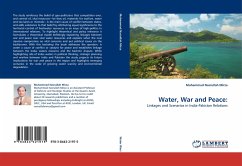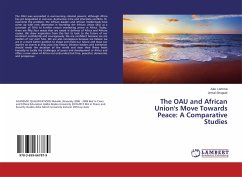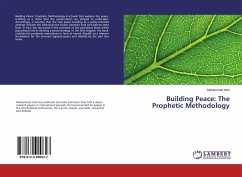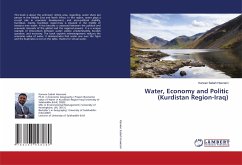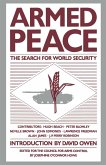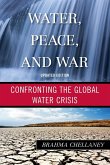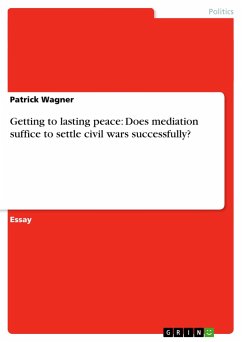The study reinforces the belief of geo-politicians that competition over, and control of, vital resources be they oil, materials for warfare, water and sea lanes or minerals is the main cause of conflict between states, and adds substance to that belief by attributing equal significance to the territorial control of freshwater resources as an issue of high-politics in international relations. To highlight theoretical and policy relevance it formulates a theoretical model befittingly explaining linkages between war and peace over vital water resources and explains when the rival riparian compromise on vital concerns and put political issues on the backburner. With this backdrop the book addresses the question: Is water a cause of conflict or catalyst for peace and establishes linkage between the Indus waters resource and the Kashmir dispute. While highlighting role of Indus waters in political thinking, strategic planning and warfare between India and Pakistan the study projects its future implications for war and peace in the region and highlights emerging scenarios in the wake of growing water scarcity and environmental degradation.
Bitte wählen Sie Ihr Anliegen aus.
Rechnungen
Retourenschein anfordern
Bestellstatus
Storno

